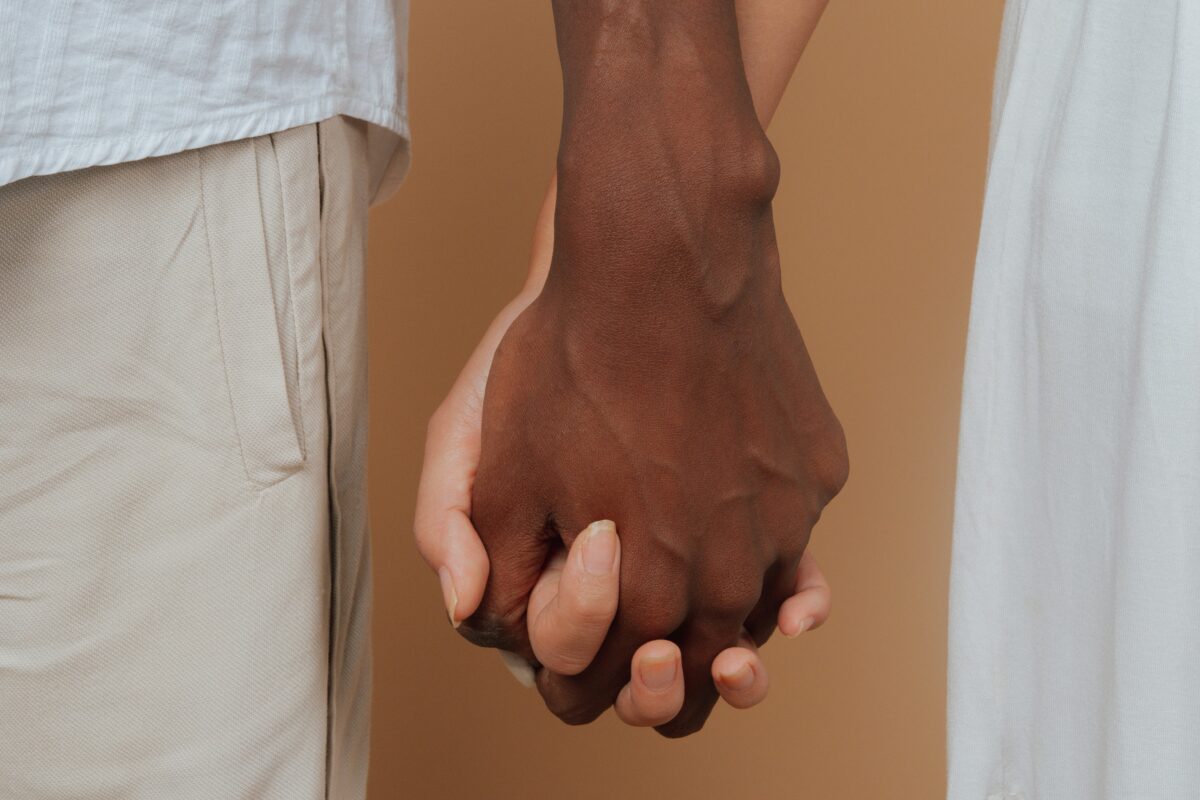We pulled data from our naturalistic psilocybin study (still the largest one in the world) with people who planned to take psilocybin outside of a clinical setting. Our goal was to “examine differences in health outcomes, subjective effects and contexts of naturalistic psilocybin use in White participants compared to Participants of Color.”

Psilocybin, the naturally occurring psychedelic compound in “magic mushrooms”, is gaining recognition for its potential to improve mental health. But as interest in psychedelic research grows, an uncomfortable truth remains: most of the science doesn’t reflect everyone.
In fact, the vast majority of clinical psychedelic trials in the U.S. have been conducted on predominantly White, male participants. And there are stats to support this: a review of psychedelic studies from 1993 to 2017 found 82% of participants were non-Hispanic White individuals, with low percentages of BIPOC (Black, Indigenous and People of Color) individuals. That matters because when research doesn’t include diverse identities, the findings may not apply to everyone. Worse, they may hide real disparities in outcomes and risks.
At Unlimited Sciences, we wanted to know: How does naturalistic psilocybin use affect People of Color? Do the positive effects reported in the general population hold true for People of Color communities, or are there differences in how this medicine is experienced, processed and integrated?
To find out, we pulled data from our naturalistic psilocybin study (still the largest one in the world) with people who planned to take psilocybin outside of a clinical setting. Our goal was to “examine differences in health outcomes, subjective effects and contexts of naturalistic psilocybin use in White participants compared to Participants of Color.”
Here’s the full paper: Examining differences in the effects and contexts of naturalistic psilocybin use for White participants vs. Participants of Color: A longitudinal online survey study
We also examined the mindset and context in which participants used psilocybin. Interestingly, Participants of Color were more likely than White participants to set an intention before their journey, suggesting a thoughtful, intentional approach to the experience. They also reported more intense shifts in perception (such as time speeding up) and marginally higher mystical-type effects. But despite similar or even deeper engagement, the long-term psychological benefits were not as robust.
Overall, we found that both White participants and Participants of Color experienced mental health improvements following psilocybin use. Reductions in anxiety and depression were observed across the board. But when we looked deeper, specifically at spiritual wellbeing, cognitive flexibility and emotion regulation, differences emerged.
All of these factors point to a key issue: psilocybin doesn’t exist in a vacuum. The medicine interacts with the mind, but also with the environment, culture and body. People of Color in the U.S. face chronic stress from systemic racism, health inequities and intergenerational trauma. These factors don’t disappear during or after a psychedelic experience, they likely shape it. They may even dull its positive effects over time.
Too often, psychedelic science has treated race as an afterthought, or ignored it entirely. But our findings show that identity does impact outcomes. Representation in research isn’t just about fairness. It’s about safety. It’s about effectiveness. It’s about honoring the fact that healing is not one-size-fits-all.
People of Color communities have a long and rich history with plant medicines and sacred healing practices. Yet today, they are underrepresented in clinical trials, under-resourced in mental health care and overexposed to the criminal justice risks of psychedelic use. Without intentional efforts to include diverse participants in research, psychedelic medicine risks reinforcing the very inequities it seeks to heal.
This study is just the beginning. We need more large-scale, culturally grounded research to understand how psilocybin and other psychedelics work across different communities. That means not only increasing People of Color representation in clinical trials, but also supporting research in naturalistic, community-based and culturally relevant settings.
At Unlimited Sciences, we’re committed to building a future where psychedelic research reflects the people it hopes to serve. Where healing isn’t gatekept or homogenized, but inclusive, respectful and transformative for all.
If you’re looking for personalized guidance and support before or after a psychedelic experience, the Unlimited Sciences Psychedelic Info Line offers free, 1:1 support for answering questions about psychedelic safety, integration, and emotional processing.
No comment yet.
Join our email list and get immediate access to part one of our psilocybin guide. You’ll also get the latest in how we’re bridging the gap between science and soul: psychedelic research updates, real-world findings, community-driven education, personal stories and expert insights on natural medicine.
Advancing Real-World Psychedelic Research and Science-Backed Education
Unlimited Sciences is provided with a nonprofit status by fiscal sponsorship through Realm of Caring Foundation.
Federal EIN: 46-3371348.
© 2025 Unlimited Sciences. All Rights Reserved.
Designed by Gloss